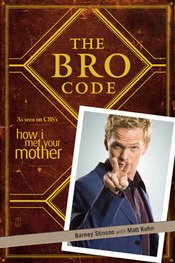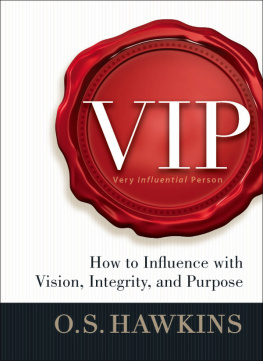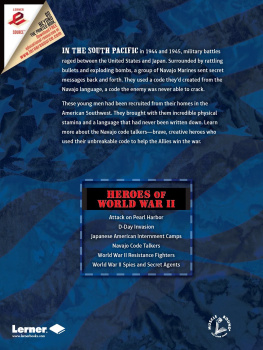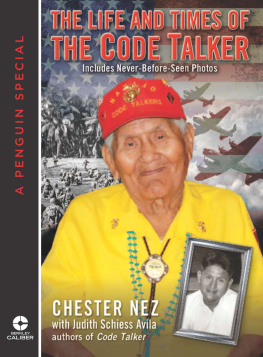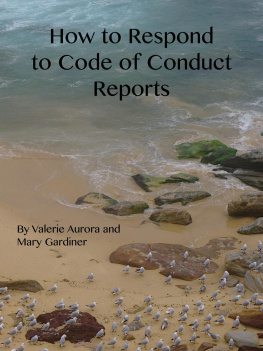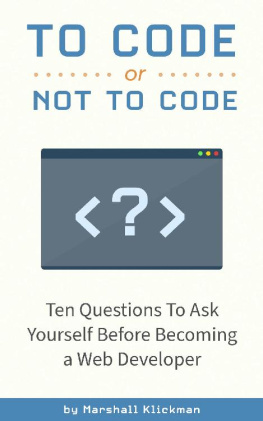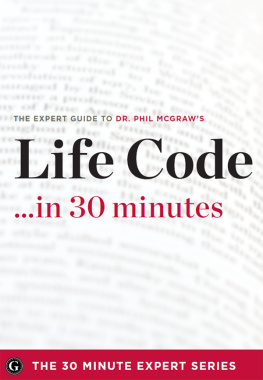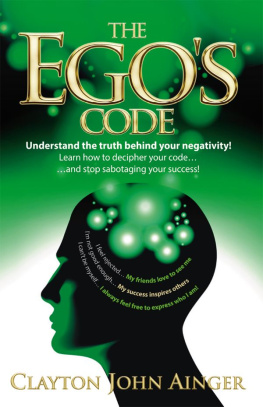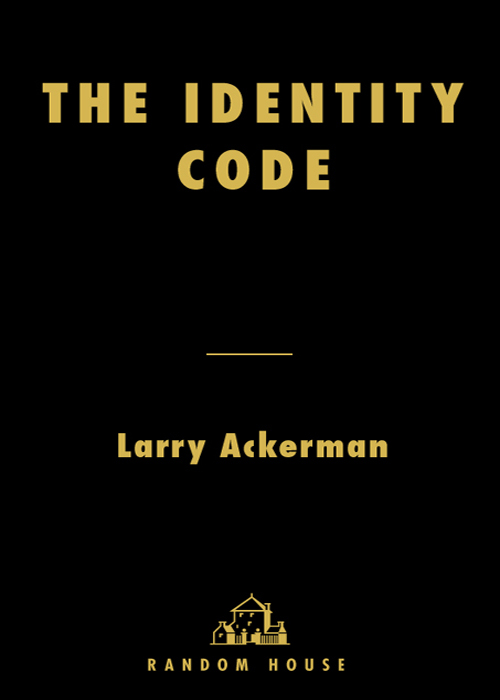Laurence Ackerman - The Identity Code: The 8 Essential Questions for Finding Your Purpose and Place in the World
Here you can read online Laurence Ackerman - The Identity Code: The 8 Essential Questions for Finding Your Purpose and Place in the World full text of the book (entire story) in english for free. Download pdf and epub, get meaning, cover and reviews about this ebook. year: 2005, publisher: Random House Publishing Group, genre: Religion. Description of the work, (preface) as well as reviews are available. Best literature library LitArk.com created for fans of good reading and offers a wide selection of genres:
Romance novel
Science fiction
Adventure
Detective
Science
History
Home and family
Prose
Art
Politics
Computer
Non-fiction
Religion
Business
Children
Humor
Choose a favorite category and find really read worthwhile books. Enjoy immersion in the world of imagination, feel the emotions of the characters or learn something new for yourself, make an fascinating discovery.

- Book:The Identity Code: The 8 Essential Questions for Finding Your Purpose and Place in the World
- Author:
- Publisher:Random House Publishing Group
- Genre:
- Year:2005
- Rating:3 / 5
- Favourites:Add to favourites
- Your mark:
The Identity Code: The 8 Essential Questions for Finding Your Purpose and Place in the World: summary, description and annotation
We offer to read an annotation, description, summary or preface (depends on what the author of the book "The Identity Code: The 8 Essential Questions for Finding Your Purpose and Place in the World" wrote himself). If you haven't found the necessary information about the book — write in the comments, we will try to find it.
Despite what you may have been told since you were a child, you cannot be whatever you want to be in life--you are already what you were meant to be. The secret to uncovering who you are, and your purpose, is built into you in the form of a code--the identity code. Much like your genetic code, your identity code provides a complete map of how you were designed to live.
Answer the questions that frame the identity code, and the contours of your life will shift. You will not only emerge stronger, you will emerge larger. Larger in heart, larger in influence, larger in your capacity to love and be loved. You will understand the why of your life.
In this life-transforming book, Larry Ackerman shows you how to crack your identity code. With more than twenty years of experience helping organizations and individuals identify their purpose, Ackerman reveals the Laws of Identity and the Eight Essential Questions they contain. As you answer these questions, your identity will gradually become clear. It will become the foundation from which youll make truly meaningful decisions about what work is right for you, how to build and maintain relationships that matter, and even what interests and hobbies make sense for you. These eight questions, and the call to action each one implies, are
WHO AM I?: Define yourself as separate from all others
WHAT MAKES ME SPECIAL?: Unearth what you love
IS THERE A PATTERN TO MY LIFE?: Make the connections that explain past events and
foreshadow your future
WHERE AM I GOING?: Use what youve learned so far to guide you on your path
WHAT IS MY GIFT?: Follow the signs of joy
WHO CAN I TRUST?: Take stock of who matters--and why
WHAT IS MY MESSAGE?: Declare yourself on the strength of your gift
WILL MY LIFE BE RICH?: Surrender to the pull of your identity
As Ackerman points out, unbridled freedom actually weighs you down. The myth of personal freedom--the notion that you have infinite choices in the course you set for yourself--is the unspoken agony of the modern person. True freedom comes with knowing your identity: the unique characteristics that define your potential for creating value in the world, for making a contribution that springs naturally from the core of your being and touches the lives of others. Within this framework, lifes seeming boundaries melt away.
Intelligent, provocative, and always practical, The Identity Code sets the reader on the classic quest: the discovery of self. Take the journey.
From the Hardcover edition.
Laurence Ackerman: author's other books
Who wrote The Identity Code: The 8 Essential Questions for Finding Your Purpose and Place in the World? Find out the surname, the name of the author of the book and a list of all author's works by series.

